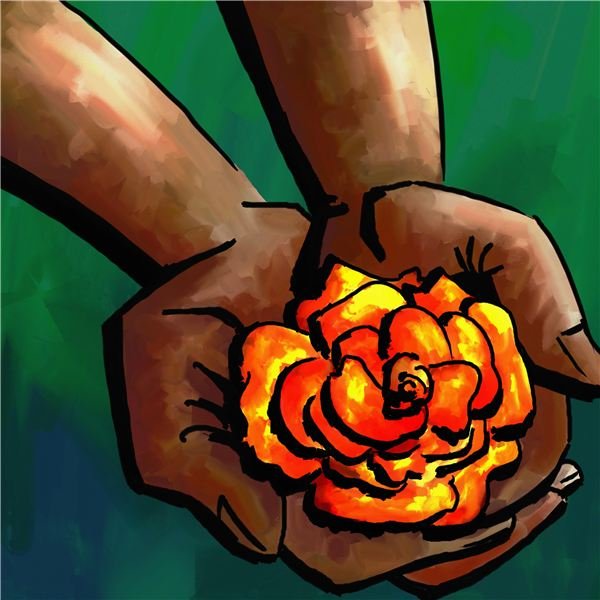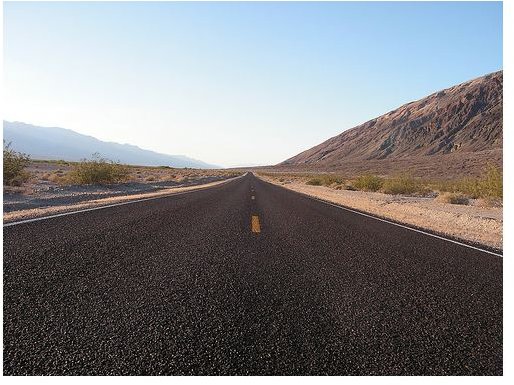Why Failure Is a Better Teacher Than Success: Part 1 of 2
The Best Teacher
In the words of Henry Ford, “Failure is simply the opportunity to begin again, this time more intelligently.” Malcom S. Forbes quotes likewise when he says “Failure is success if we learn from it,” as does Walter Brunell who considers “Failure is the tuition you pay for success.”
Very often, failure is a better teacher than success provided one analyzes the reasons for failure and resolves to do something about the underlying causes. Analysis of failure provides valuable insight into how things work and how people behave in the real life. It also provides an understanding of the skills, traits, and temperament required to have success in real life. It also makes explicit the unwritten rules of the game not taught at business schools or found in textbooks. Inculcation of such knowledge by learning from mistakes places the person in good stead not to repeat mistakes next time round.
Image Credit: flickr.com/Wouter Kiel
Better Perspective
Failure is a better teacher than success as early success can easily get into the head and cause arrogance, whereas failure leads one to become humble, compassionate, and understanding.
William Shakespeare, the celebrated English playwright, quotes:
“Sweet are the uses of adversity,
Which, like the toad, ugly and venomous,
Wears yet a precious jewel in his head”
(“As you like it” Act 2, Sn 1 12-14)
Adversity in this context means failure, and this quote elucidates why failure very often becomes a good teacher. Troubles and failures make people appreciate what they have, remain content, and stay motivated, whereas unbridled success may make people lose sight and appreciation for what one has, vainly trying to over-achieve.
The feeling of “the grass is always greener on the other side” persists as a natural human tendency even during success. Failure and self-introspection allow one to realize innate talents and the positives one enjoys and then work toward leveraging such talents or favorable conditions.
Limitations
One big advantage of failure is that it grounds people in reality. Early success usually leads to over confidence and a false perspective of one’s abilities and realities. Failure helps one understand the limitations of a person’s capabilities and the extent to which one can exploit or manage the external forces. Such an understanding helps people become more realistic and practicable in their future tasks, increasing the likelihood of success.
Early success, on the other hand, lulls a person into a false sense of security and complacency, not recognizing potential flaws in planning or line of reasoning. Having tasted success, he remains less inclined to listen to sound advice or words of caution. The initial success may be owing to luck or some other considerations that may not last, and when luck runs out the person would be bereft of skills or techniques to succeed.
Better Efforts

Failure is a better teacher than success as failure very often brings out the best in a person, and becomes a cause for him or her to put in their best foot forward. A failure usually means that one has run out of chances, for rarely does one get the luxury to fail twice in today’s cutthroat world. This prompts a person who has failed once to cover all bases and work hard for success.
Early success, on the other hand, can cause a person to get carried away and put more at stake in risky ventures, where one might have experienced initial success by fluke. As the adage “Once bitten, twice shy” shows, initial failure would force the person to proceed with caution, understanding inherent risk factors and preparing contingencies for things that could go wrong.
Image Credit: flickr.com/RoyBluMenthal
The Right Path
Failure may actually be a blessing in disguise in showing the right path. Initial success may bind a person to a path that may not remain viable for the long term, or that may not suit the person’s taste or aptitude. Failure would force exploring different alternatives, which may have more potential or become more satisfying. For instance, the loss of a job might present oneself with a good opportunity to relocate to better place and gain an even better job, lending credence to the theory that failure is the stepping stone of success.
Examples
The biographies of most people who have become famous attest to the fact that failure is the stepping stone of success. What distinguishes such greats from also-rans is their perseverance or their ability to convert the failure into a learning experience and try again. Here are some examples.
- The industry considered Walt Disney incompetent to become a newspaper cartoonist, with one editor reportedly telling him that he “lacked imagination and had no good ideas.” He then established a cartoon studio, which ended in bankruptcy.
- Henry Ford’s first venture, Detroit Automobile Co., ended in a disaster with customer complaints of high prices and low quality. His next two ventures also ended in failure.
- The first four stores established by R.H. Macy, the founder of Macy’s department stores, ended in failure and had to be shut down.
- Thomas Edison failed about 10,000 times when trying to invent a working lightbulb.
- J. K. Rowling of the the Harry Porter series had her first manuscript rejected by twelve publishers.
- An electric rice cooker, the first product launched by Akio Morita and Masaru Ibuka, flopped as it overcooked rice. Akio Morita and Masaru Ibuka are today known as co-founders of Sony.
- Colonel Sanders’ first diner almost closed down when a newly built highway bypassed the site, which prompted him to spread KFC through the franchisee model.
- For Gary Heavin, the owner of Curves finess centers spread over 1,000 locations worldwide, his first attempt at building a women’s fitness empire failed miserably and shut down as the 14 locations he started couldn’t recoup overhead costs.
- Charles Schulz, creator of the “Peanuts” comic strip, had his cartoon strip contributions to the school yearbook rejected, and his application for a job at Disney was rejected.
Failure is a better teacher than success provided one learns from the mistakes and perseveres.
